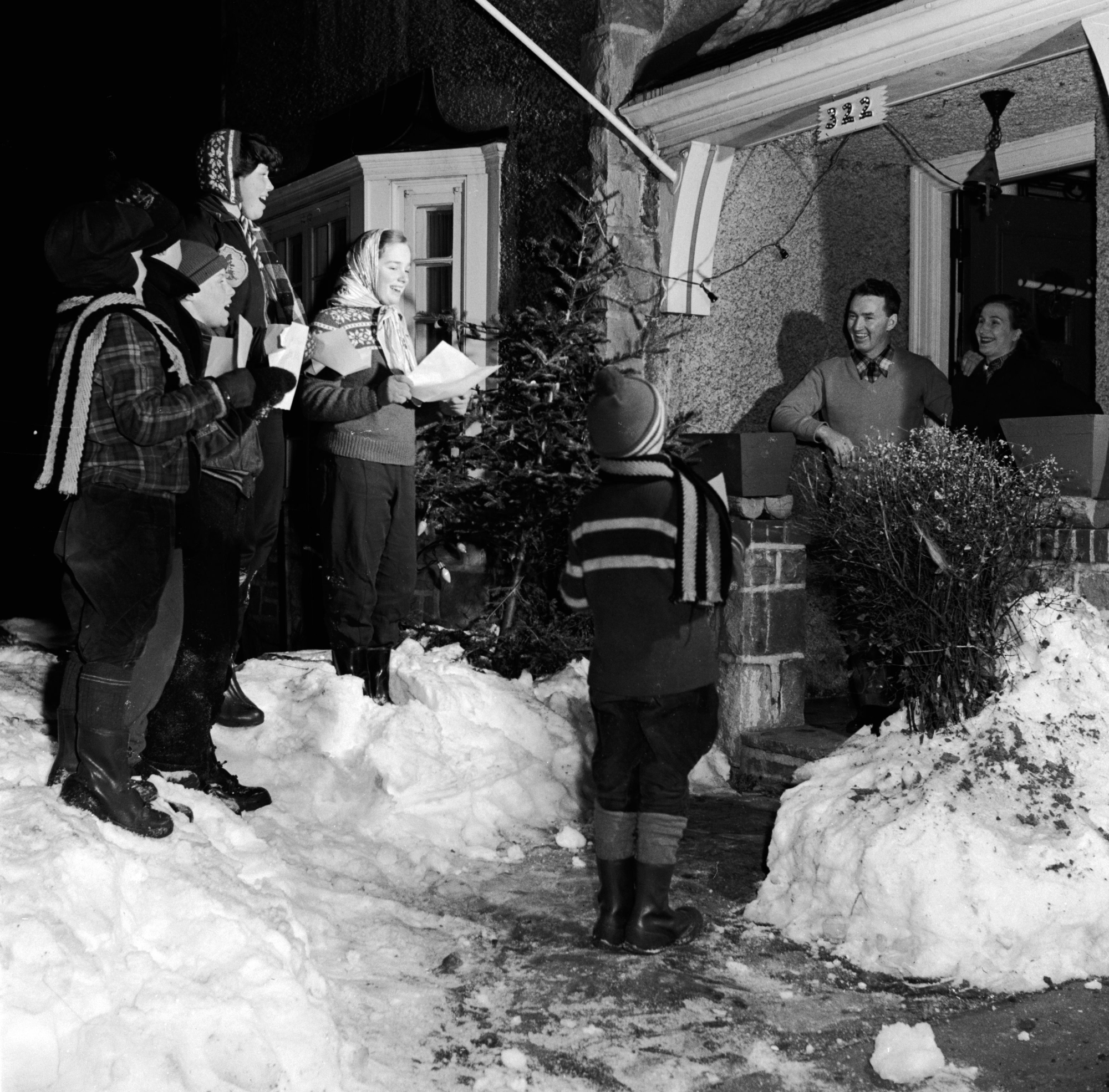With so many family gatherings this time of year, many of us notice that our siblings are turning into our parents, and some of our partners' and friends' kids are turning into their parents. That's no illusion. As scientists have learned from "nature versus nurture" studies on twins and adoptees, humans become more like our biological parents and other family members as we get older.
This is a little scary. It's not that we don't love the anxious relative who can't enjoy a holiday dinner because her stuffing wasn't perfect, or the impulsive one who can't stop at three glasses of eggnog even though he will regret it. It's just unnerving to realize they are reflections of the selves we might become.
I learned about escalating family resemblances from talking with Robert Plomin, a behavioral geneticist at the King's College London. He describes the phenomenon in his recent book, "Blueprint: How DNA Makes Us Who We Are." At first, I thought the interview might be contentious, considering that I'd recently written a column titled "You Are Not Your DNA."


















With your current subscription plan you can comment on stories. However, before writing your first comment, please create a display name in the Profile section of your subscriber account page.